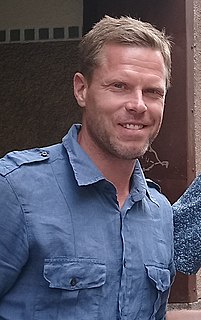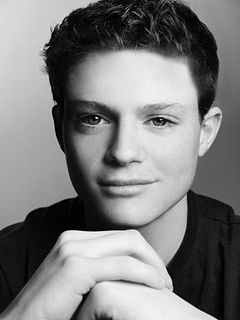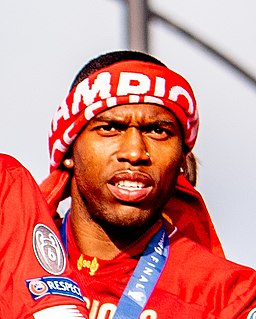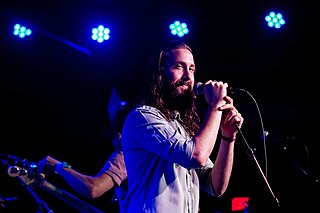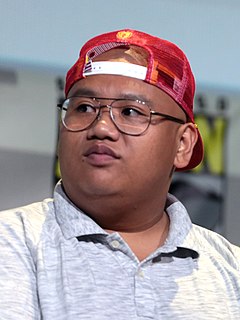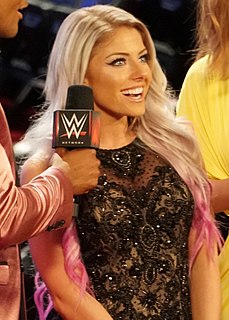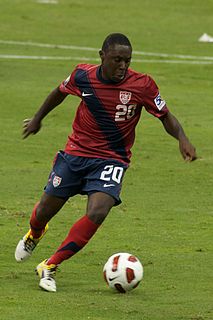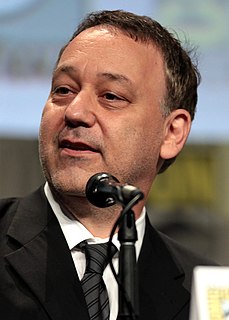A Quote by Denise Morrison
For me, if I knew that I wanted to be a CEO and I set that final destination right up front, that helped me develop a career track.
Related Quotes
Both creatively and organizationally, being medicated has helped me immensely. My career did not start until I was medicated. And then I can track - the years I was off medication, things dipped. And the years I went back on medication is when things started to get good for me again career wise. It is 100 percent in my case undeniable that being medicated helped my creativity.
When I was studying at Berklee, I got the feeling I couldn't play the [guitar] at all, because I could not use my own things as they didn't fit any set pattern. When I joined [Chico Hamilton], he helped me immensely to develop my own style. He never forced me in any set way. At all times, he encouraged me to be myself on the instrument.
I knew that I wanted to pursue acting as a profession during my sophomore year of college. One of my Professors (Karen Deacons-Brock) at N.C Central University assigned me to perform a one woman show for my final project and it was then, along with her encouragement, that it was time for me to move to NY in pursuit of a professional acting career.
Somebody asked me 'what's the job of a CEO', and there's a number of things a CEO does. What you mostly do is articulate the vision, develop the strategy, and you gotta hire people to fit the culture. If you do those three things, you basically have a company. And that company will hopefully be successful, if you have the right vision, the right strategy, and good people.

